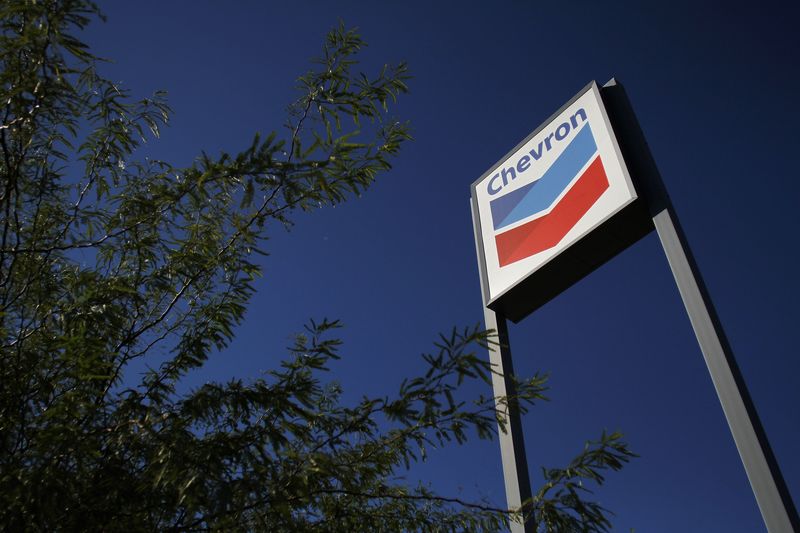By Ulf Laessing and Tife Owolabi
LAGOS/YENAGOA, Nigeria (Reuters) - Nigeria's government needs to address grievances in the oil-producing Niger Delta, its oil minister said on Thursday, hours after a Chevron (NYSE:CVX) source said a militant attack had forced it to shut its onshore operations in the restive region.
A militant group called the Niger Delta Avengers, which has told oil firms to leave the Delta before the end of May, said late on Wednesday that it had blown up the Chevron's facility's mains electricity feed. Its attacks have hobbled oil output over the past month.
A company source told Reuters that "all activities in Chevron are grounded" onshore while oil industry sources said roughly 90,000 barrels per day (bpd) of Escravos were gone due to the latest attack and another on Chevron's offshore facilities earlier this month. Planned Escravos exports in the first half of 2016 averaged 167,000 bpd.
A Twitter account with the group's name said late on Wednesday: "We Warned #Chevron
A Chevron spokeswoman declined to comment.
The Avengers, who have given oil firms until end of the month to leave in what they frame as struggle for the Delta's independence, have intensified attacks in recent weeks, pushing oil output to its lowest in more than 20 years and compounding the problems of Africa's largest economy.
Abuja has responded by moving in army reinforcements but British Foreign Minister Philip Hammond said this month that President Muhammadu Buhari needed to deal with the root causes.
In the first signal that the government might try a less heavy-handed approach, Oil Minister Emmanuel Ibe Kachikwu said an amnesty programme for former militants, signed in 2009 to end a previous insurgency, needed to improve.
The amnesty needed to address "neglect by the government and international oil companies," Kachikwu said. The scheme had funded cash benefits and job training to militants who have laid down their arms but has been cut by the government by two-thirds, fuelling dissent.
"The Niger Delta governors must be involved in providing lasting solutions to the resurgence of pipeline vandalism and there is urgent need to create business opportunities for the locals in the region," Kachikwu said in a statement.
Moving in the same direction, a committee set up by Delta state leaders warned that a military approach would not work and saw "an apparent consensus" that the federal government and oil companies have neglected the grievances of local communities.
Delta residents, some of whom sympathise with the militants, have long complained of poverty in an area producing oil accounting for 70 percent of national income.
Nigeria is now pumping under 1.5 million bpd - less than Angola - and well below the 2.2 million bpd assumed in the 2016 state budget.
